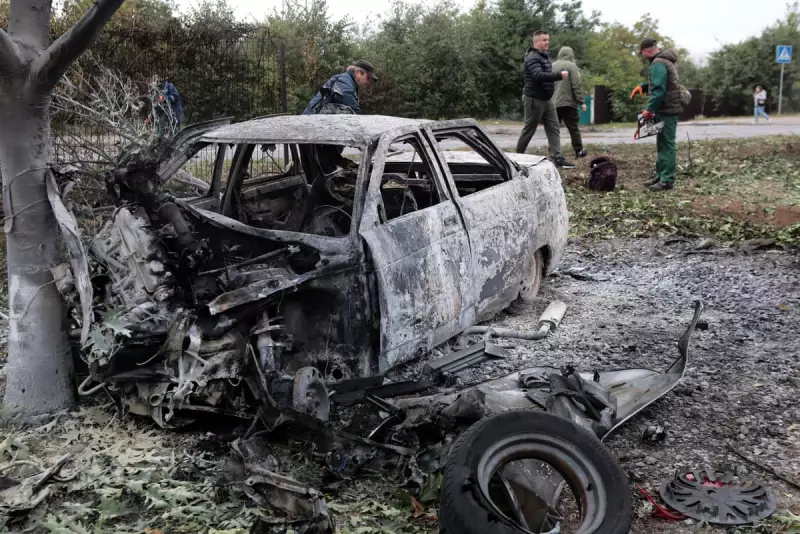
In a landmark speech that signals a fundamental shift in European security policy, German Chancellor Olaf Scholz has declared that Europe is no longer at peace with Russia, delivering one of his most forceful condemnations of Moscow's aggression to date.
A New Reality for European Security
The German leader's stark assessment came during an address in Berlin, where he outlined the profound transformation in Germany's approach to foreign policy since Russia launched its full-scale invasion of Ukraine. "We are dealing with a Russia that has fundamentally broken with the peace order in Europe," Scholz stated unequivocally.
This declaration represents a significant evolution in Germany's position, moving from its traditionally cautious approach toward Moscow to a more assertive stance that acknowledges the lasting threat posed by Vladimir Putin's regime.
Substantial Military Support for Ukraine
Backing his strong words with concrete action, Chancellor Scholz announced Germany would provide Ukraine with a new military aid package worth approximately €1.4 billion. This substantial commitment includes:
- Additional Iris-T air defence systems
- Crucial ammunition supplies
- Armoured vehicles and other essential equipment
The announcement comes as Ukraine continues to face relentless Russian attacks on its critical infrastructure and civilian populations.
International Response and Coordination
Scholz emphasised that Germany's actions are part of a coordinated Western response to Russian aggression. He highlighted recent decisions by several allies to permit Ukraine to use donated weapons for strikes on military targets within Russian territory near the Kharkiv region.
"These are necessary and justified measures of self-defence," the Chancellor asserted, while maintaining Germany's position of not supplying long-range weapons systems that could strike deep into Russian territory.
The Long-Term Strategic Challenge
Looking beyond immediate military support, Scholz framed the conflict as part of a broader struggle between democratic values and authoritarian aggression. He warned that Europe must prepare for extended confrontation with Russia, stating that the security threat would persist regardless of battlefield outcomes in Ukraine.
The Chancellor's speech underscores how Russia's war has fundamentally reshaped Germany's foreign and defence policies, prompting historic increases in military spending and a re-evaluation of the country's relationship with Moscow that would have been unthinkable just three years ago.





